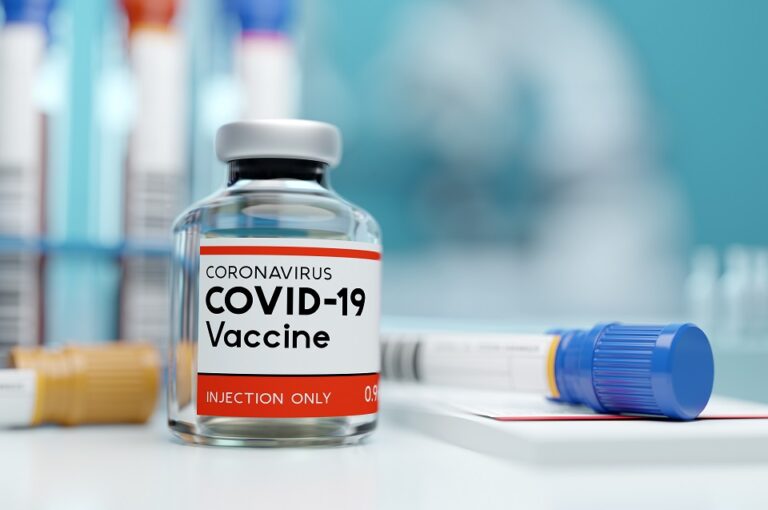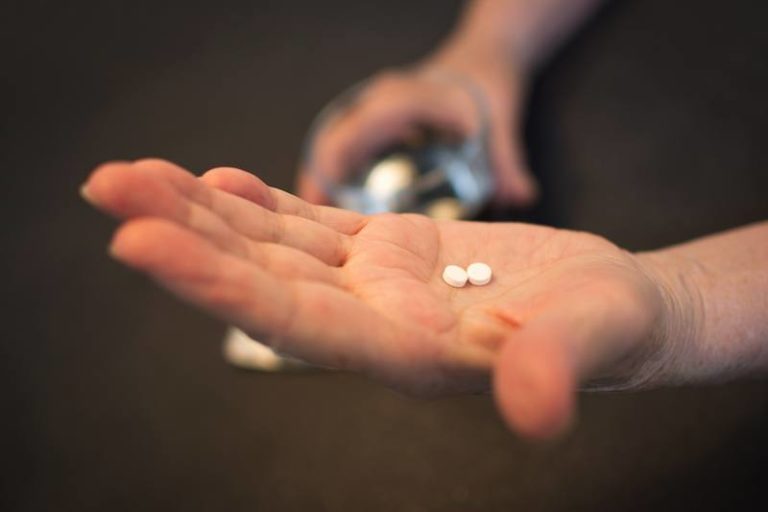
The most important thing you need to know is that there are virtually no drugs licensed to treat COVID-19. Despite what you have heard from dubious sources on social media, there is no known treatment for the illness caused by the novel coronavirus. Right now, there are only clinical trials. That’s why you shouldn’t believe everything you see or hear!
As we speak, healthcare professionals are working to treat infected patients with “supportive care,” which basically means rest, keeping them hydrated, and giving pain relievers when necessary.
So, the potential candidates we’ve heard about aren’t proven to work. Still, there are “probably an almost uncountable number of clinical trials underway,” says Gregory Poland, MD, a spokesperson for the Infectious Diseases Society of America (IDSA).
The vast majority of these trials are actually focused on examining existing drugs in order to use them against the new coronavirus, while others are looking at creating entirely new therapies.
Let’s hope that these clinical trials will start to give us answers soon, even if Dr. Poland says, he doesn’t “see anything that stands out, that says ‘Whoa here’s the blockbuster.’”
Until that day comes, there are a few options—including a therapy that actually received conditional approval from the Food and Drug Administration (FDA)—that most researchers and doctors hope will be effective against the virus.


























1 thought on “The Most Promising Medical Treatments for COVID-19”
It is not true that the long-proven Cathcart Titration Method is either dangerous (it has never harmed anyone) nor that it has ever failed with any Corona virus. Various desperate trials have shown promise despite the failure of medical efforts to utilize the actual treatment. Trials by physicians with “megadoses” have not used the correct amounts (200-300 grams per day) but instead tiny fractions of the needed amounts (never reported, but almost certainly), and have still saved lives according to the NYT. It is an ongoing crime by physicians and researchers that has cost millions of lives over tge 42 years since Cathcart’s research was first published (ChemTech, Feb 1978).